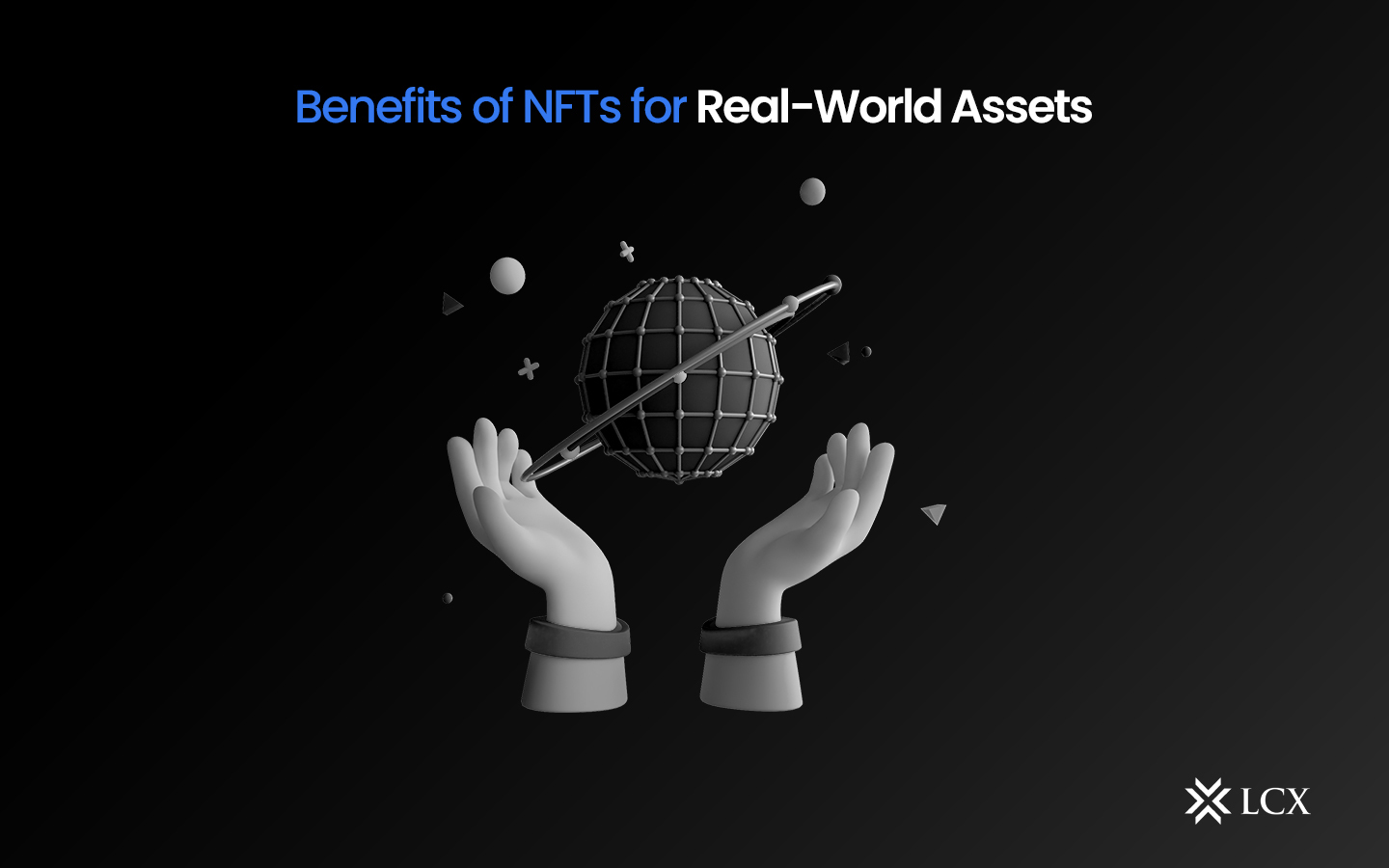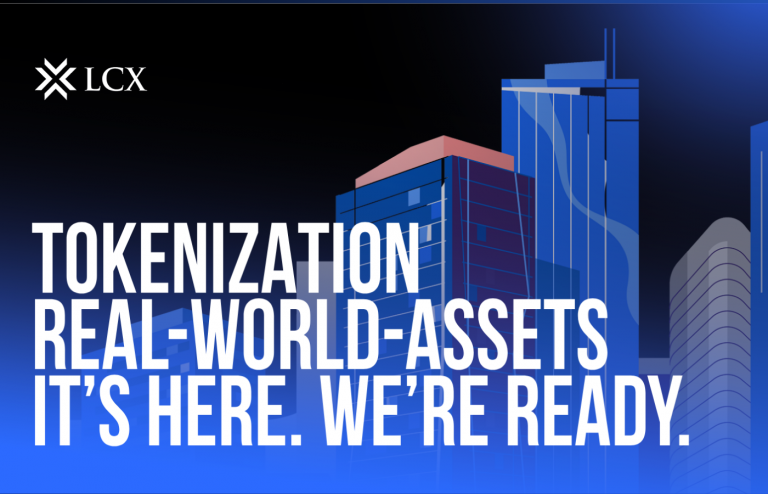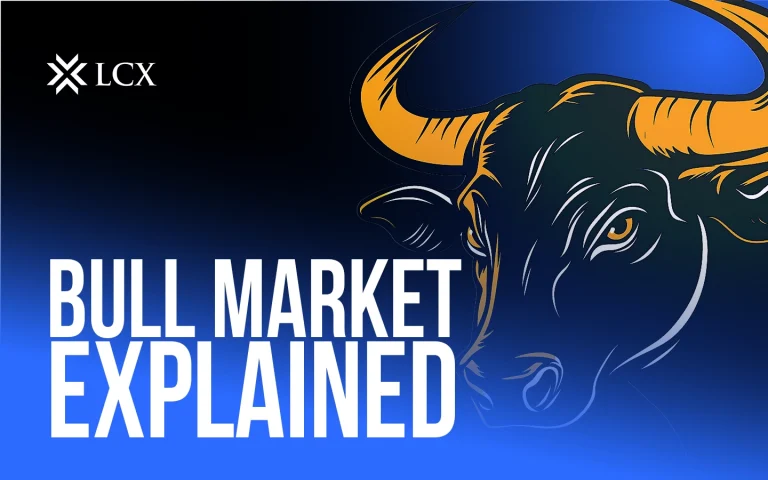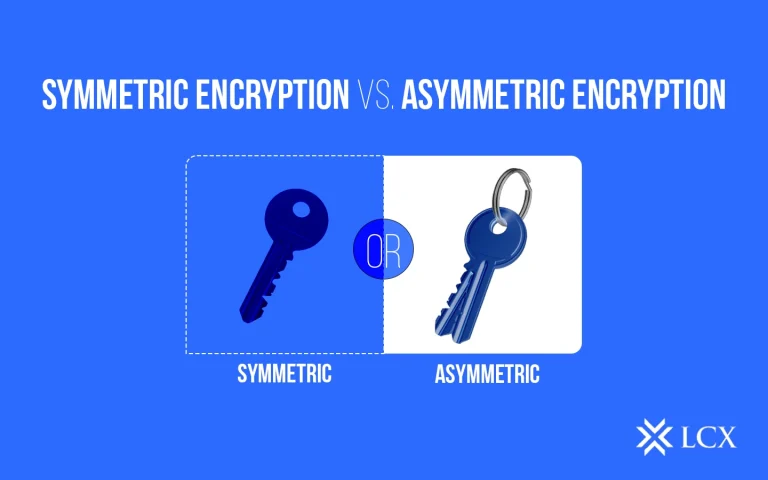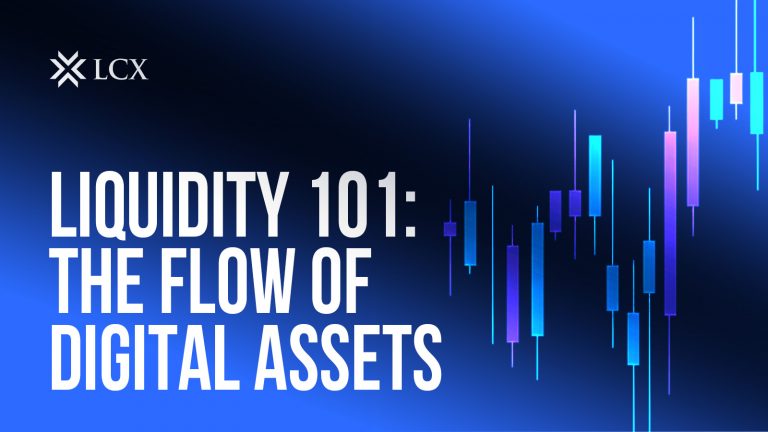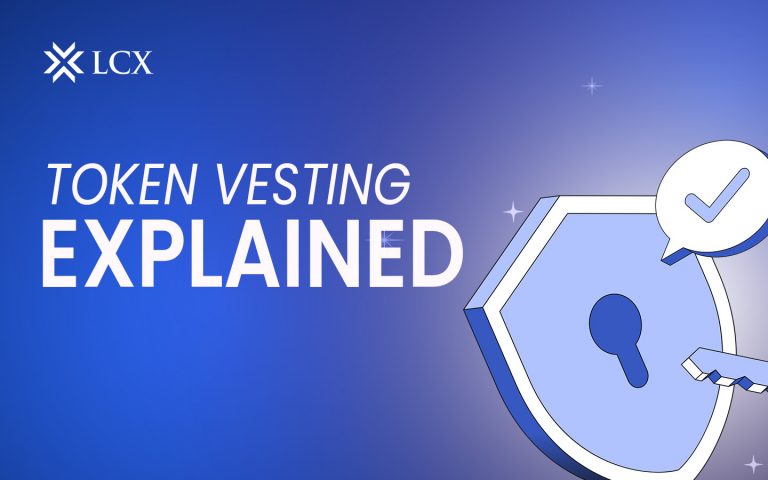NFT’s applications for digital artwork and collectibles have drawn considerable media attention. NFTs that represent tangible assets are getting less attention. However, they also possess the opportunity to introduce entirely new asset ownership and trading models. This article examines the benefits that NFT trading may provide to real-world assets, as well as some of the extant legal questions and developments that could help this use case realise its full potential.
Trading Assets with NFTs
NFTs are distinct, one-of-a-kind assets that are sometimes referred to as “tickets” to an asset, be it a digital work of art or a physical asset.
A Safe Method of Trading Luxury Assets
Consider valuable possessions such as a Rolex Daytona luxury timepiece or the initial printing of a book. Trading and investing in these kinds of things is gaining popularity among collectors and investors who wish to acquire rare or unique items. To maintain the value of the timepiece or book, it must be stored safely. Every time it is delivered in person to a new customer, risks and costs associated with physical delivery are incurred.
What if those involved might instead trade a non-fungible token indicating ownership of the watch or book, sparing them the cost, time, and threats linked to physical delivery as well as the possibility of misconduct risk associated with a private ledger? In contrast to a basic internal ledger, which can be susceptible to theft, changes by a centralised party, or cyberattacks by malicious third parties, the distributed ledger and cryptographic hashing algorithm would document an encrypted and irreversible record of ownership.
New Ownership and Trading Structures for Real-World Assets
Another paradigm for ownership of high-value or novel assets is “asset fractionalization” or “asset tokenization,” in which possession of an asset is divided into multiple parts, each represented by a “token.” This makes it possible for various individuals to share ownership in situations where purchasing the whole thing would be unattainable for a single party. The tokens can then be exchanged via blockchain (or other open source technology). Depending on how this is structured, the token may be fungible or non-fungible.

The Benefits of NFT Trading for Real-World Assets
The characteristics and features of NFTs for corporeal assets are identical to those of NFTs for digital assets. This offers a number of benefits for the trading of tangible assets, including:
Demonstration of Origin
Authenticity and provenance determine the value of unique assets, such as an uncommon antique or an original painting by a renowned artist. On the blockchain, NFT trading can serve as a permanent record of authenticity and provenance; each transaction, trade, and owner is recorded in the NFT’s ledger, and the NFT’s metadata might include a digital certificate of authenticity. An NFT may actually increase the value of an asset by resolving uncertainty regarding its provenance.
Security and Immutability
As NFTs employ DLT, the transaction record is recorded on a distributed, immutable ledger that provides a tamper-evident recording of the ownership of assets and transfers. Investors who will be doing NFT trading will still need to ensure the security of their private cryptographic keys. However, the application of DLT and cryptography provides additional security when compared to, say, a centralised asset registry.
Decentralisation and Disintegration
Traditional methods of acquiring and trading collectibles are frequently characterised by a high degree of centralization. Due to their role in validating the provenance of the items and bringing prospective purchasers and sellers together for a centralised auction, auctioneers can charge an extra fee for auctions of high-end goods. NFTs, on the other hand, offer a decentralised method for proving provenance while also facilitating trade throughout distributed networks.
Intelligent Contract Integration
NFTs can be incorporated into smart contracts to offer additional utility and streamline trade. For instance, a smart contract could stipulate that the transmission of an NFT occurs automatically once the buyer provides the required KYC documentation, thereby reducing the risk associated with transactions and removing the need for intermediaries.
Profitability of Secondary Trading.
Additionally, smart contracts can be programmed to facilitate the payment of royalties upon secondary sale. An NFT reflecting ownership of a rare sculpture, for instance, could be programmed so that the original sculptor receives a portion of the sale price each time the sculpture is sold.
Innovative Opportunities.
In addition to representing control, NFT Trading can enable more methods for holders to communicate with objects, such as incorporating additional real-world assets within the token or serving as tickets for exclusive content or events. NFTs can therefore serve as a means of content distribution for creators.
Accessibility and Advancement
NFTs can facilitate ownership and participation in assets that would otherwise be inaccessible to a single collector. This could be accomplished by allowing a book lover to own a page of a rare first edition or by facilitating the liquid trading of real-world assets across countries and social classes.
Conclusion
In addition to digital artwork and collectibles, NFTs have the potential to transform the ownership of real-world assets. With advantages such as safe trading, fractional ownership, and accessible origin, NFTs redefine transactions involving luxury items. Their decentralised nature confronts traditional models, which are supported by automated smart contracts and creator royalties. In addition, NFTs connect exclusivity with access to unique content, fostering equality and global trade. As legal considerations evolve, NFTs are on track to change the nature of tangible ownership, thereby presenting a dynamic future for how we trade and interact with assets.
